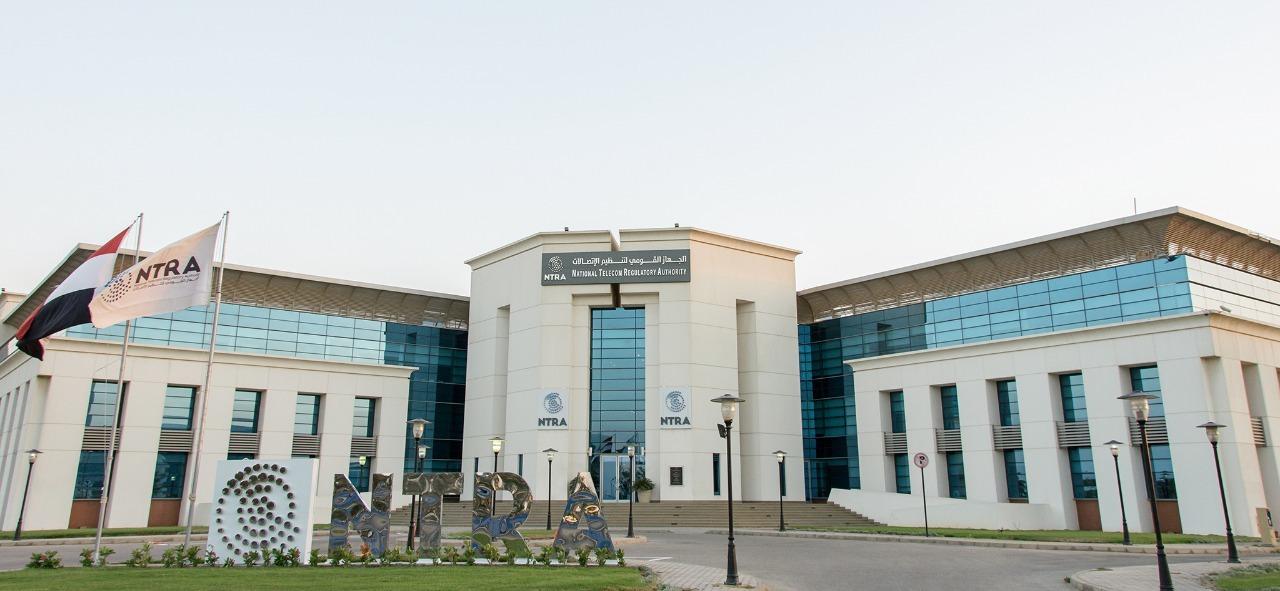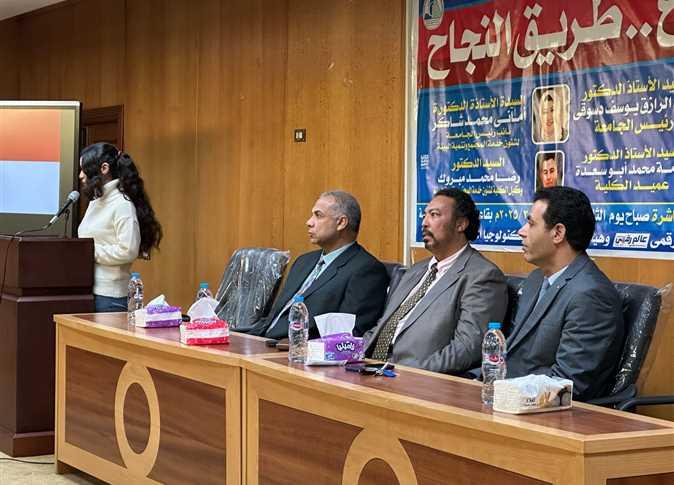By: Wael Elhosany - Ali El-Deeb
Dr. Mohamed Maait, Minister of Finance, affirmed that the Egyptian government does not intend to impose new taxes on economic activities, nor to prejudice the commercial and industrial profits tax rate.
This came during his participation in the conference of the Egyptian Tax Association, and in implementation of the presidential directives, a bill is currently being prepared to end all the old accumulated tax files.
Maait added, the draft law is based on the development of medium, small and micro enterprises, which cover 60% of the old cases, and there is another scenario for the tax treatment of the remaining 40%.
The minister indicated that digital systems contributed to increasing tax revenues during the first half of the current financial world 2022/2023 at a semi-annual growth rate of about 20%. He also pointed out that the integration of the "electronic bill" system with the "electronic receipt" system contributes to the integration of The informal economy, achieving tax justice, and then maximizing the state's public revenues, creating a financial space to support social development, and mitigating the global inflationary wave for citizens.
The minister confirmed that there are 260,000 companies that have joined the electronic invoice system, and the monthly average of electronic invoices sent has reached 35 million mechanized documents. the laws governing their business; It contributes to the standardization and automation of the rules, standards and procedures for calculating the "employment and insurance tax" monthly through the "payroll" system.
The minister stated that Egypt aims to record a growth rate of 5.5% of GDP in the fiscal year 2023/2024, and to achieve a sustainable primary surplus of about 2% on average, pointing out that we aim to reduce the budget deficit to 5 levels. % in the medium term, with a target for the government indebtedness rate to drop to less than 80% of GDP by the end of 2027.














































































